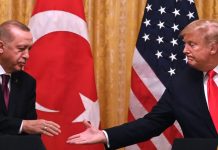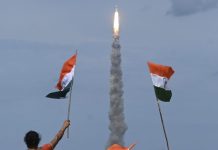Was the Babri Masjid built on the remains of a Hindu temple? The issue has been under discussion since the very beginning and now the Supreme Court has passed the judgment on the issue on Saturday.
When the Director-General of the Indian Archaeological Archaeological Survey of India, BB Lal, for the first time surveyed the disputed land of Ram Janmabhoomi and Babri Masjid, KK Muhammad was also included in the team.
In 1976 and 1977, Muhammed began studying in the School of Archeology after completing his Masters in History from Aligarh Muslim University, meaning that he had joined the survey as a student.
A few years later, KK Muhammad surprised everyone at the time when he stated that the controversial site had visible traces of an “ancient temple”.
According to many experts, it is difficult to say whether these artifacts belong to Hindu temples, but some archaeologists also stated that the possibility of Jain or Buddhist temples cannot be ruled out.
Earlier, BB Lal had said the same thing in his report, but KK Mohammed’s statement renewed the whole controversy because he was a Muslim and he had studied history from the Aligarh Muslim University.
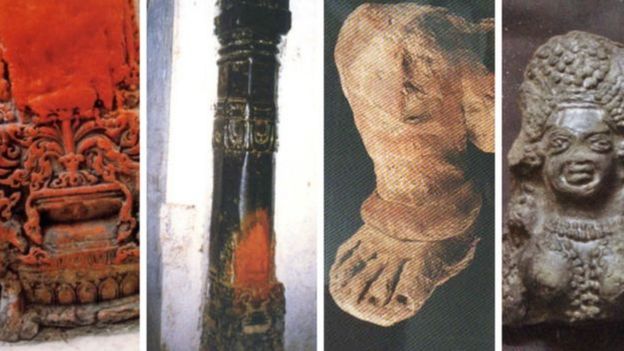 Image copyright KK MUHAMMED
Image copyright KK MUHAMMEDKK Muhammad is still firm on the survey he conducted in the late seventies. He says the first survey was done in the seventies, but in 2003 another survey was conducted that included three Muslims working in the Archaeological Survey of India.
A few years ago, KK Muhammad retired as Director of the Archaeological Survey of India (Northern India). He now lives in Kozhikode (Calicut), Kerala.
Analyzing two archaeological surveys twice, KK Muhammad says that the high walls and dome-like structures found at the disputed site are not part of any Islamic construction because they contain statues, which are not meant to be in an Islamic mosque.
In addition, he mentioned the idols that were discovered by the Archaeological Survey of India during the excavation of the controversial site which belonged to the tenth century AD.
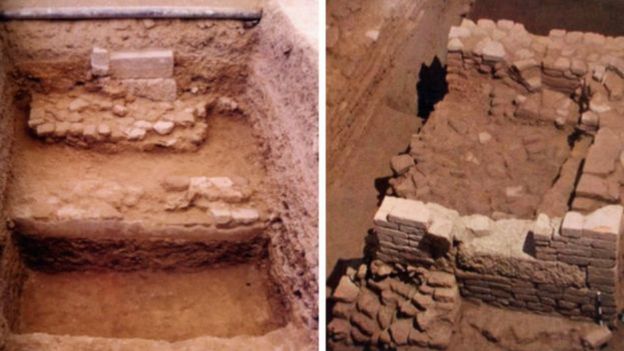 Image copyright KK MUHAMMED
Image copyright KK MUHAMMEDQuestions raised on the survey
Several historians have also raised questions on the Archaeological Survey of India’s temple and mosque controversy. The Sunni Waqf Board hired two independent archaeologists who penned research articles and raised several questions.
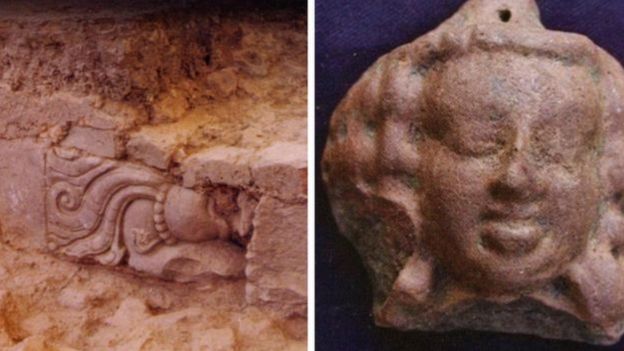 Image copyright KK MUHAMMED
Image copyright KK MUHAMMEDReferring to travelers arriving in India in the tenth and twelfth centuries, Muhammad says that all these travelers have mentioned the rituals of Hindu worship at the place of Ayodhya.
KK Muhammad quotes William Finch and Joseph Tieffenthaler as well as Ain-i-Akbari, which was written in Persian by Abul Fazl, the court historian of the Mughal king Akbar. It mentions the ‘worship of Lord Ram’.
Finch came to India between 1607 and 1611, while Joseph came to India between 1766 and 1771. KK Muhammad is a renowned archaeologist and is credited with many ancient discoveries including Fatehpur Sikri in Agra.
In 2016, Muhammad wrote his autobiography ‘Najin Anna Bharatin’, meaning ‘I am Indian. The book attracted controversy due to his claim that the Marxist historians sided with the extremist Muslim groups and derailed attempts to find an amicable solution to the Ayodhya dispute.
According to Muhammad, archaeological excavations at Ayodhya clearly indicated the presence of a temple below the mosque, but the leftist historians dismissed these, and even tried to mislead the Allahabad High Court.

